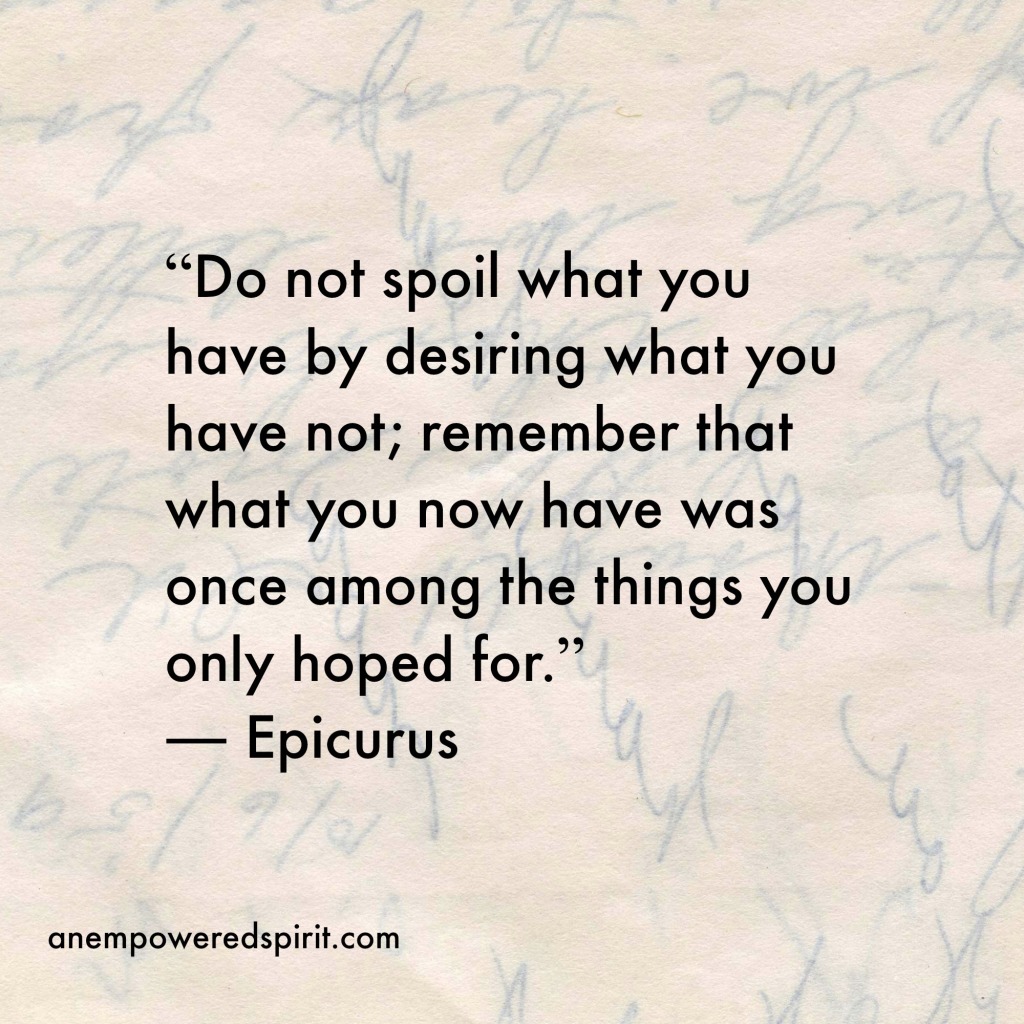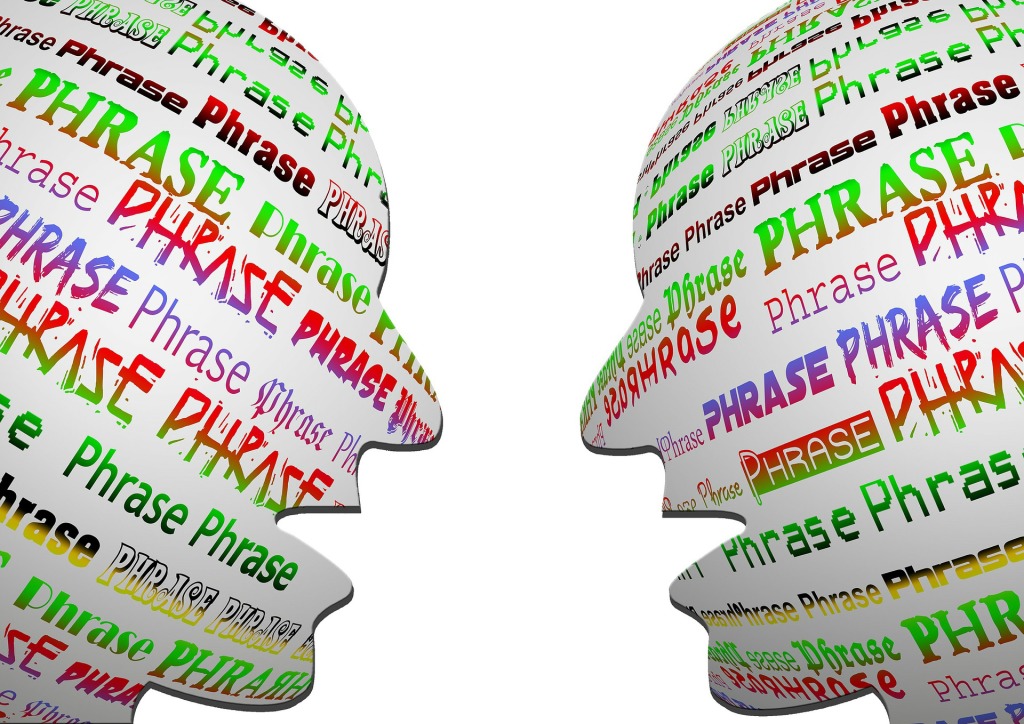Why The Colorful Language Of Yiddish Is The Most Memorable
As a child I'd hear my mother and grandmother pepper their sentences with colorful Yiddish words that were always more descriptive than their English counterparts. The words were lively and so vivid that despite not knowing the language I understood their meaning.
For example the word "baleboste" means someone who is a capable homemaker. Boring, right? The Yiddish meaning also describes someone who is reliable, a good friend, and a person who has your back in any crisis.
I smile when I hear the word "feh" - to disapprove. When my angelic grandmother sprayed the word "feh" (it needs extra emphasis) it was surprising. Nanny was a lady in every sense and never said an unkind word except when talking about Hitler or the Cossacks. If she said "feh" it meant she vehemently disapproved or was disgusted by something or someone. She'd scrunch her tiny face while her luminous green eyes uncharacteristically hardened. Don't mess with Nanny, Cossacks.
Yiddish is a dying language, and when it's finally obsolete it will be a sad day for logophiles.
As many of you know my beloved father passed away this summer. At some point I'll write about him but the wound is still too deep and raw. For now I'll tell you why one Yiddish word brings a smile to my heart because it reminds me of Dad.
As a parent I know how hard it is when your child is sick. You feel helpless and concerned, especially when it's chronic with no cure. My parents had to learn their own "new normal" after my diagnosis, and together we worked to find a balance between their need to know how I was and my need for privacy.
As time passed we found a middle ground but I found it easier to be honest with my dad who worried less than my mom. When my parents were together I'd sugar coat my symptoms. Right or wrong it's what worked best for me.
But my father had a sixth sense that there was more to the story. Inevitably I'd get a phone call or email asking two little words:
"The emes?" meaning "The truth?" It was endearing to hear him ask that question.
He wanted to know what I was facing, what my symptoms were and how I was doing. He'd call when my mother was out or in the other room because he knew in those private moments I'd open up. Then he'd pause to think before giving advice. I knew this all came from love and the extraordinary breadth of knowledge he had. It was astonishing how often he was right. Our father-daughter relationship was special and rare and I always felt a sense of relief after speaking with him.
My mother told me after my grandmother died she missed having someone tell her to take a sweater in case it got cool outside. Now I understand. Among so much else I will miss my father asking me to tell him the emes. Just two little words that mean so much.
I know Dad is always with me because love is forever. And if you can hear me, Dad, I love you with all my heart.
That is the emes.






